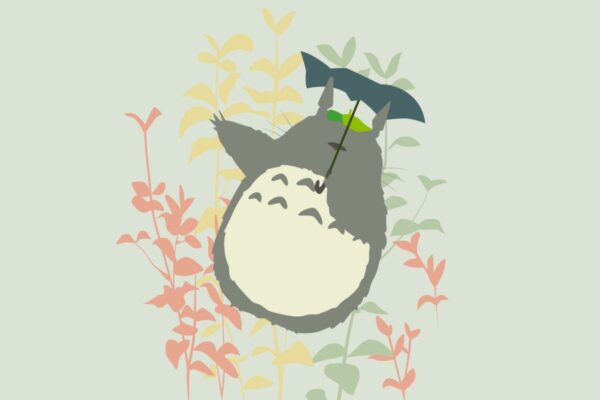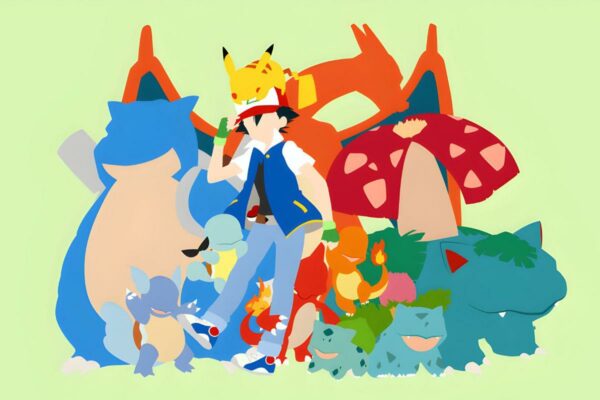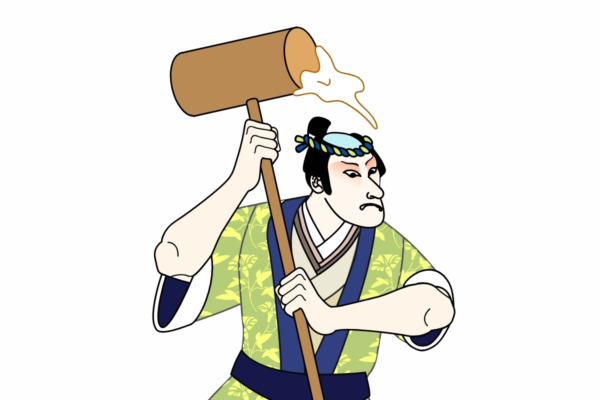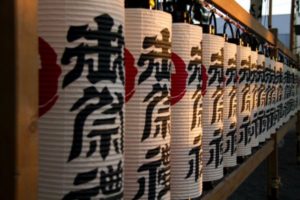Five months or so since we were trapped inside our homes, the global pandemic left us all in a state of wanderlust — having a strong desire to travel and explore. Such a word has its origins in German, from the words, wander (to hike) and lust (desire), but has since been embraced by the English language. Many beautiful words in other languages exist where there are no direct translations. We may be familiar with hygge, the Danish word to express a special feeling of cosiness or contentment, or schadenfreude, the German word that describes the pleasure derived from someone else’s misfortune. Similarly, many beautiful Japanese words exist too.
Such words are often called “untranslatable” – their real essence can only really be captured in their own language, encapsulating the customs and culture of the country from which they originate. In Japan, the rich culture and appreciation for beauty of many Japanese people can often be seen in the language too. For example, you may have heard of ikigai (a reason for being; meaning in life), popularised by the book “Ikigai: The Japanese Secret to a Long and Happy Life”, which is seen to be one of the Japanese secrets to longevity. Here, we have compiled a list of some of the most beautiful Japanese words that don’t exist in English.

1. Nekojita(猫舌)
We start off with an extremely cute one: nekojita, from the words neko (cat) and shita (tongue) literally translates to cat tongue. If you have a nekojita, it means that you are unable to drink or eat anything that is too hot.

2. Komorebi (木漏れ日)
Imagine walking through a forest as the sun is about to set. Komorebi literally translates to trees leaking sunlight, and describes the beautiful sunlight that is filtered through tree leaves.
雇い枘差し仕口 Yatoi-hozo-sashi-shikuchi pic.twitter.com/WbVFBpDLmD
— The Joinery (@TheJoinery_jp) February 25, 2017
4. Tsugite(継手)
Many of us will have heard of inspiring stories of Japanese craftsmanship, where master artisans devote their entire lives to honing their skills in traditional craft, such as making katana or crafting samurai armour. Tsugite refers to the joints used in building and construction but is a broader term describing the traditional Japanese craftsmanship of fitting wooden joints together without any glue or nails. The intricate designs of the wood allow the joints to be interlocked, creating beautiful patterns that are durable and strong.

5. Tatemae and Honne (建前 and 本音)
The words tatemae (public facade) and honne (inner voice) exemplify the hierarchical nature of Japanese society, where seniority plays an important role, especially in a corporate or school setting. Tatemae describes the behaviour or words that one adopts as generally expected by society, while honne refers to the true feelings a person may have, usually not voiced out loud. Interestingly, this culture has grown its own set of words describing it. For instance, bureikou (無礼講)is sometimes used to describe some company outings (usually with alcohol involved) where company members can relax and be themselves without heeding too much their status or position in the company.

Finally, we can’t end the list without our favourite word here at Japan Nakama. Nakama can often be used similarly as tomodachi, the Japanese word for friend. However, it can also mean colleague, comrade or compatriot, and often describes the strong bond that exists between people working for a common goal. Here at Japan Nakama, we aim to foster links between people passionate about Japanese culture and create a community of nakama.
For More
A short list simply cannot showcase the full depth and beauty of the Japanese language. If this has piqued your interest, we encourage you to explore the idea of untranslatable words further, perhaps even in different languages. The Lomas Lexicography project aims to collate all the untranslatable words related to wellbeing from all languages across the world. Watch his TEDx talk and get involved:









































